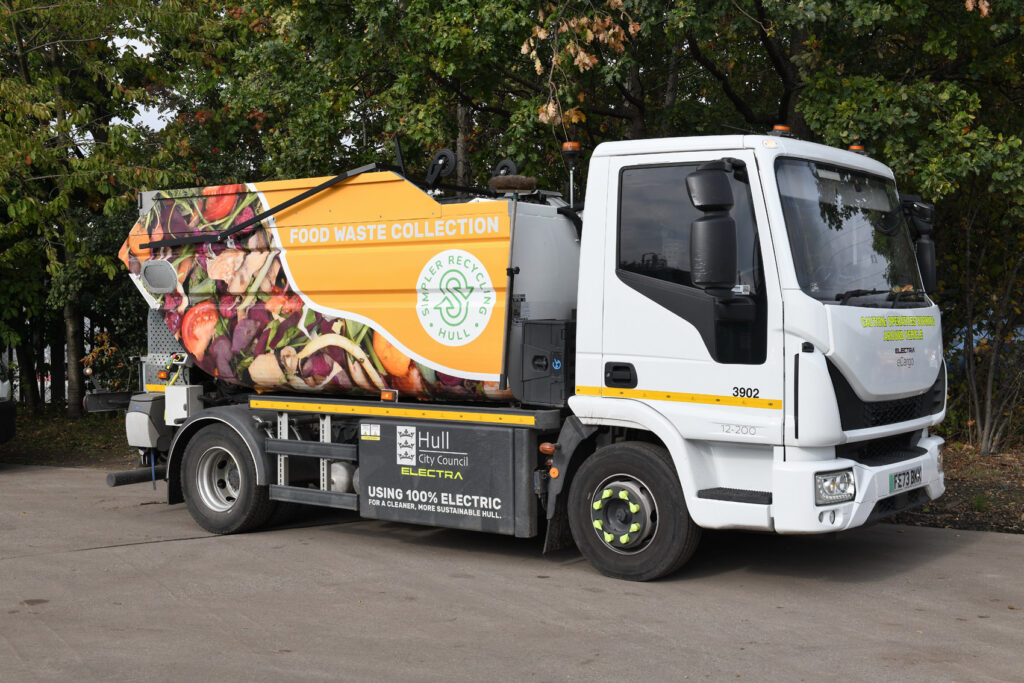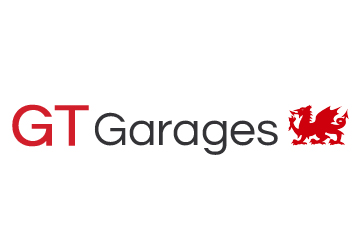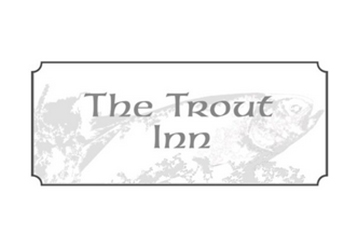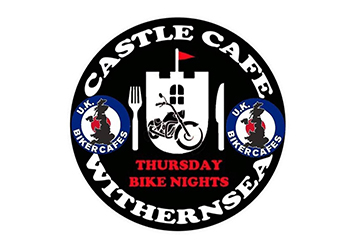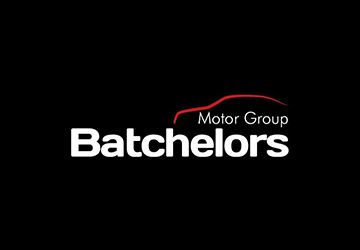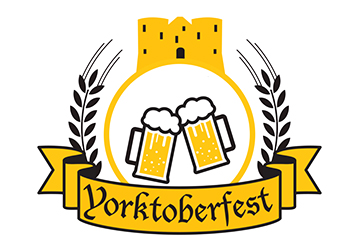Hull City Council has introduced its first fully-electric food waste collection vehicle.
The council’s waste management team is now operating the city’s largest electric vehicle to date – a brand-new 12.5 tonne electric truck dedicated to food waste collection.
This addition to the fleet will support the government’s Simpler Recycling initiative, including weekly food and garden waste collections, which will be composted locally for use in horticulture and agriculture.
With a growing fleet of over 60 zero-emission battery electric vehicles (BEVs) – including cars, vans, and now a truck – the council operates one of the largest electric fleets in the region.
Previously, these vehicles would have been powered by diesel engines, contributing to greenhouse gas emissions and poor air quality. Now, as part of a phased replacement programme, the council is retiring older vehicles and replacing them with fully electric alternatives.
This latest investment marks a significant milestone in the council’s journey to achieve net zero emissions by 2045.
Fleet vehicles are currently the council’s second-largest source of carbon emissions, so transitioning to electric vehicles plays a vital role in reducing the organisation’s overall carbon footprint, as well as improving air quality. In addition to being environmentally friendly, electric vehicles are quieter, more efficient, and easier to maintain.

